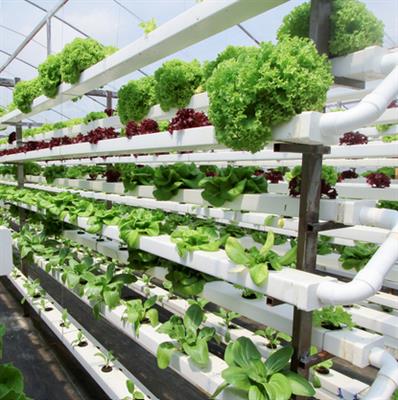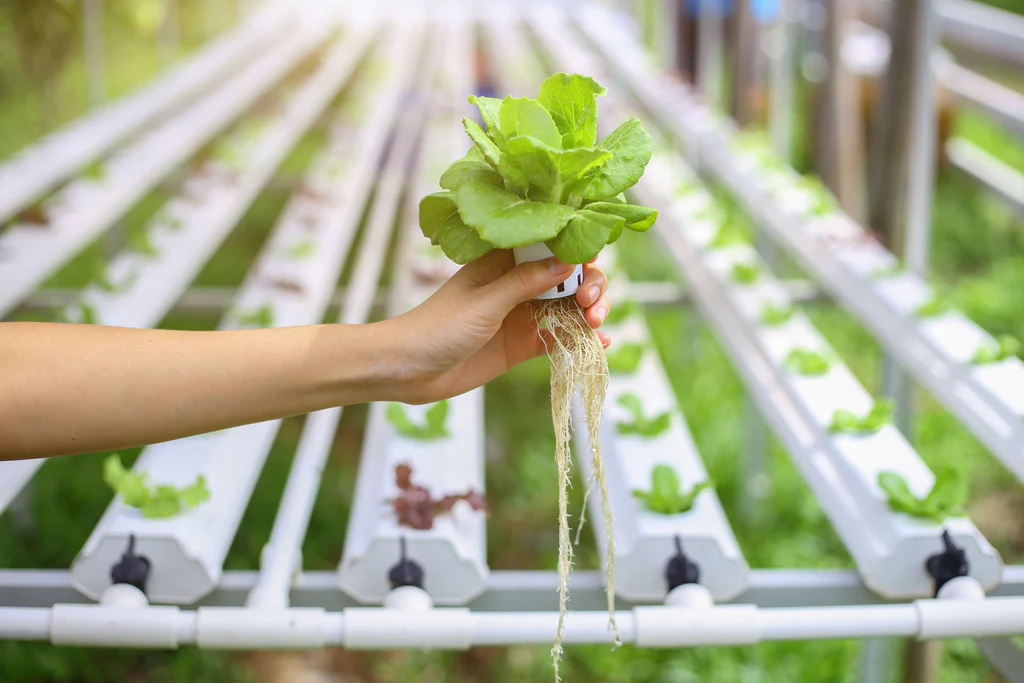The integration of Artificial Intelligence (AI) with hydroponics is a cutting-edge development in sustainable farming. Here’s how AI is revolutionizing hydroponics:
- Optimization of Nutrient Delivery: AI systems can determine the precise amount of nutrients needed at each stage of plant growth, ensuring healthier plants and reducing environmental impact¹.
- Environmental Monitoring: AI can monitor factors like humidity, temperature, and light intensity, adjusting them in real-time to create ideal growing conditions¹.
- Predictive Analytics: AI uses predictive analytics to anticipate and prevent potential issues before they arise, increasing efficiency and reducing waste¹.
- Smart Sensing: AI-driven sensors can monitor the hydroponic environment, providing data on nutrient levels, pH balance, and more, enabling precise adjustments for optimal plant growth².
- Disease Prevention: AI can detect early signs of plant diseases or deficiencies, allowing for prompt intervention to maintain plant health².
- Climate Control: AI algorithms can tailor the climate within hydroponic systems, enhancing productivity and reducing energy consumption².
- Automation: AI can automate many aspects of the hydroponic process, from irrigation to harvesting, making the system more efficient and less labor-intensive³.
AI in hydroponics represents a significant advancement in agriculture, offering smarter, more sustainable, and efficient farming practices. It’s a perfect example of how technology can be harnessed to improve food production and resource management.



